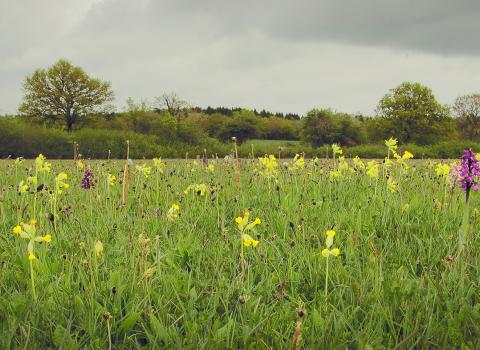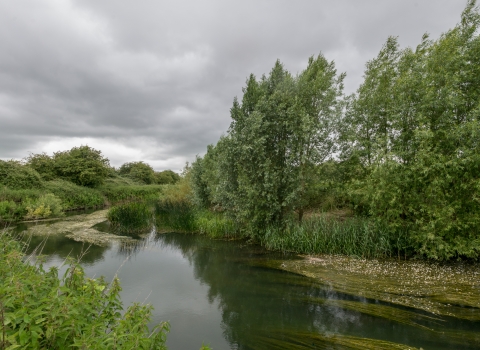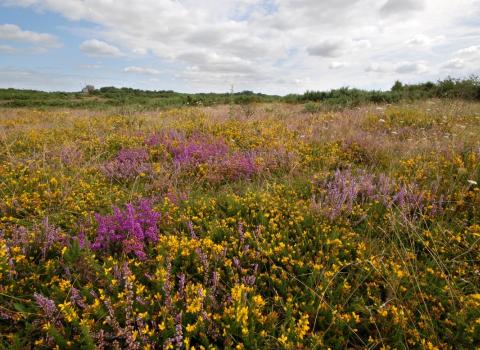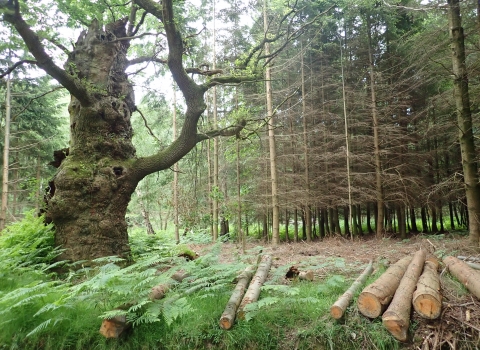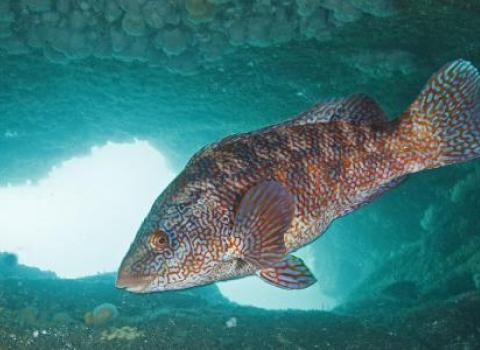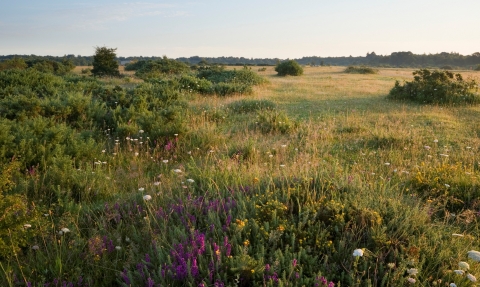
Greenham Common by James Osmond
Living Landscapes
Living Landscapes: more, bigger, better and joined.
Successive State of Nature reports compiled by 25 conservation bodies show that we are continuing to lose wildlife and the places where wildlife thrive at an alarming rate. A landscape-scale approach to wildlife conservation, by reconnecting habitats to create functioning landscapes, is the only way to halt and reverse biodiversity losses.
Living Landscapes schemes involve landowners, farmers, councils, businesses, individuals and communities working with the Berks, Bucks & Oxon Wildlife Trust to make more space for nature, and enable more people to enjoy them.
By working on our nature reserves within the Living Landscapes, and providing advice to local landowners we are able to extend wildlife-rich habitats into the wider countryside. This is part of BBOWT’s strategic recovery plan for nature, and fulfils the recommendation of ‘more, bigger, better managed and joined up’ wildlife sites from Prof Sir John Lawton’s report Making Space for Nature.
Download BBOWT’s Recovery Plan for Nature
Our four Living Landscape schemes are jewels of the countryside in their own right.
The Bernwood Forest and Ray Valley Living Landscape includes a rich mosaic of ancient woodland habitats now managed for many wildlife species, and traditional floodplain meadows, a stronghold for wading birds in the upper River Ray.
The East Berkshire Living Landscape is a landscape of scattered woodlands and ancient oaks, embraced by the River Thames.
The Upper Thames Living Landscape, centred on Chimney Meadows nature reserve, is one of the most important areas in the UK for wading birds and wildflower meadows.
The West Berkshire Living Landscape is the last stronghold in our region of internationally-threatened lowland heaths.
Urban Living Landscapes
BBOWT works in partnership with local authorities to inspire people to explore and discover the wild green spaces in Banbury and Oxford. These urban Living Landscapes reconnect wildlife habitats where people can enjoy them every day.
Living Seas
The seas around the UK are not Living Seas. Decades of neglect have left them damaged and degraded, a shadow of their former diversity and abundance.
The Wildlife Trusts runs public campaigns and lobbys Government to create more Marine Conservation Zones where damaging activities are restricted and special wildlife and parts of the seabed,including undersea canyons and magnificent mud plains, are given protection and a chance to recover.
In Living Seas:
- Wildlife and habitats are recovering from past decline as our use of the seas’ resources becomes environmentally sustainable.
- The natural environment is adapting well to a changing climate, and ocean processes are helping to slow down climate change.
- People are inspired by marine wildlife and value the sea for the many ways in which it supports our quality of life

